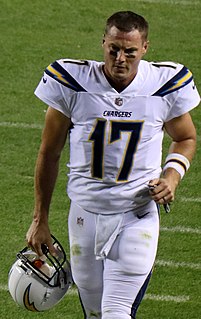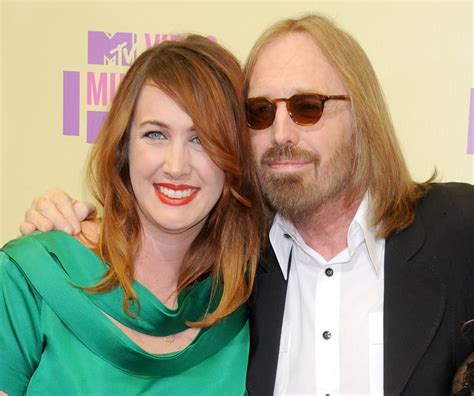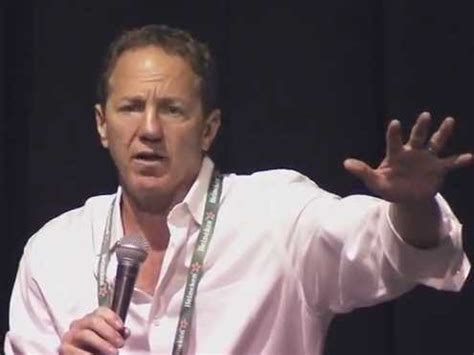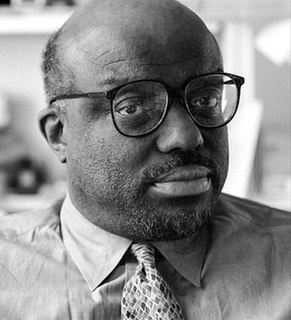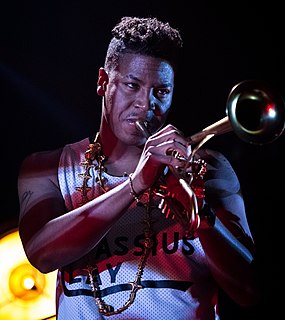A Quote by Mike D
Each time you present a tour, you're faced with these questions of, 'How do you want to present visual information? How do you want to take the music that we're making on stage and visualize that?'
Related Quotes
An enlightened person or business is not concerned primarily with making money, because when you are concerned with making money you want the future more than the present. Whenever you want the future more than you want the present, true intelligence cannot flow into what you do, because it can do so only when you are totally aligned with the present moment.
Waiting is a state of mind. Basically, it means that you want the future; you don't want the present. You don't want what you've got, and you want what you haven't got. With every kind of waiting, you unconsciously create inner conflict between your here and now, where you don't want to be, and the projected future, where you want to be. This greatly reduces the quality of your life by making you lose the present.
Making music clips, I have a responsibility to depict the artist in a way that suits them, and feels comfortable with how they want to present their music. From there I usually try to tell a story visually that complements the music, that lets the music be the hero element of the project. I just try to do something that feels sincere and creative and a little bit home-brewed so it doesn't feel too plastic or phony.
I really feel concerned about young people within our present culture. Our present culture, we have to change. Change is inevitable and I wasn't raised in our present culture but it has great pressure that as a young person I never had. Material pressure, social pressure, visual pressure, how you look, and I just try to appeal to young people to think for themselves, to be their own person, and to ask questions and also be very attentive to our planet and our environment.
You can make the argument that there's no such thing as the past. Nobody lived in the past. They lived in the present. It is their present, not our present, and they don't know how it's going to come out. They weren't just like we are because they lived in that very different time. You can't understand them if you don't understand how they perceived reality.
Man can only be certain about the present moment. But is that quite true either? Can he really know the present? Is he in a position to make any judgment about it? Certainly not. For how can a person with no knowledge of the future understand the meaning of the present? If we do not know what future the present is leading us toward, how can we say whether this present is good or bad, whether it deserves our concurrence, or our suspicion, or our hatred?
What we're doing now, is to try to eradicate the limited notion of how people are interacting with each other through hyper-racialized ideas. A lot of it deal with, as an example, genre. If I ask you to visualize a trap musician or a hip-hop musician, you'll see one thing. If I say visualize a western classical musician, you'll see a very different thing. A lot of how music is disseminated to us is hyper-racialized. It's not something that we think about all the time, but if you take a minute to look back, it's why you get this argument when there's a white rapper.
I think that kind of balance comes with the process of growing together as a band, the Little Dragon. We love to write, we love to create, we love to play live, and I think we love and appreciate what we have together. How that evolves, and how we balance it, is something that's come with time. At the start we were all like, "Tour tour tour. We just want to play. That's all we want to do."




